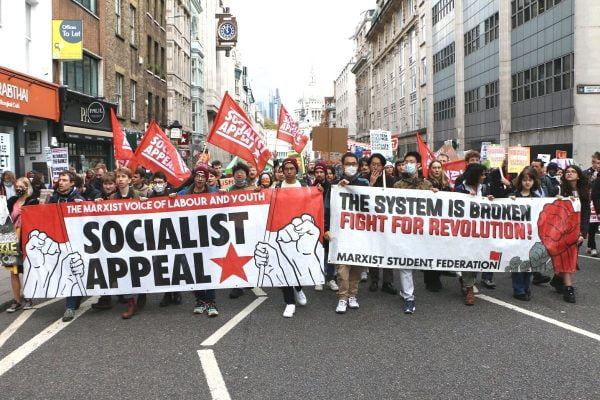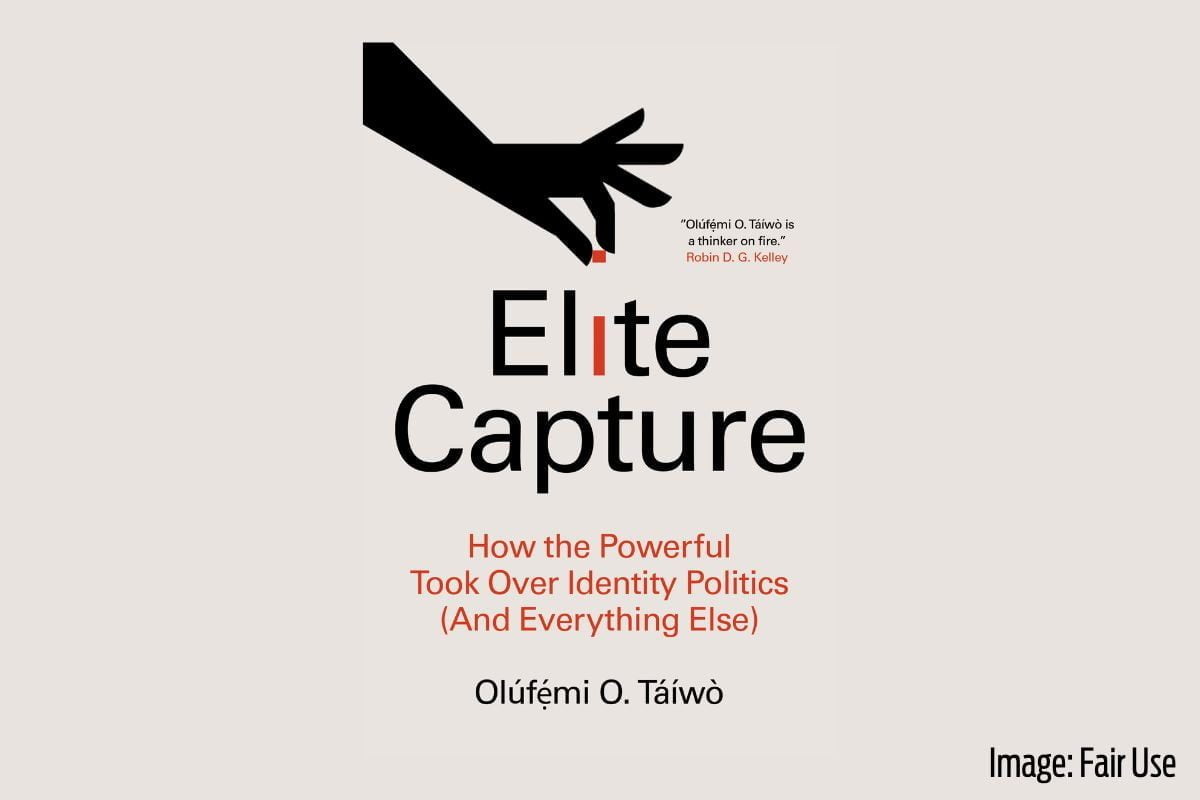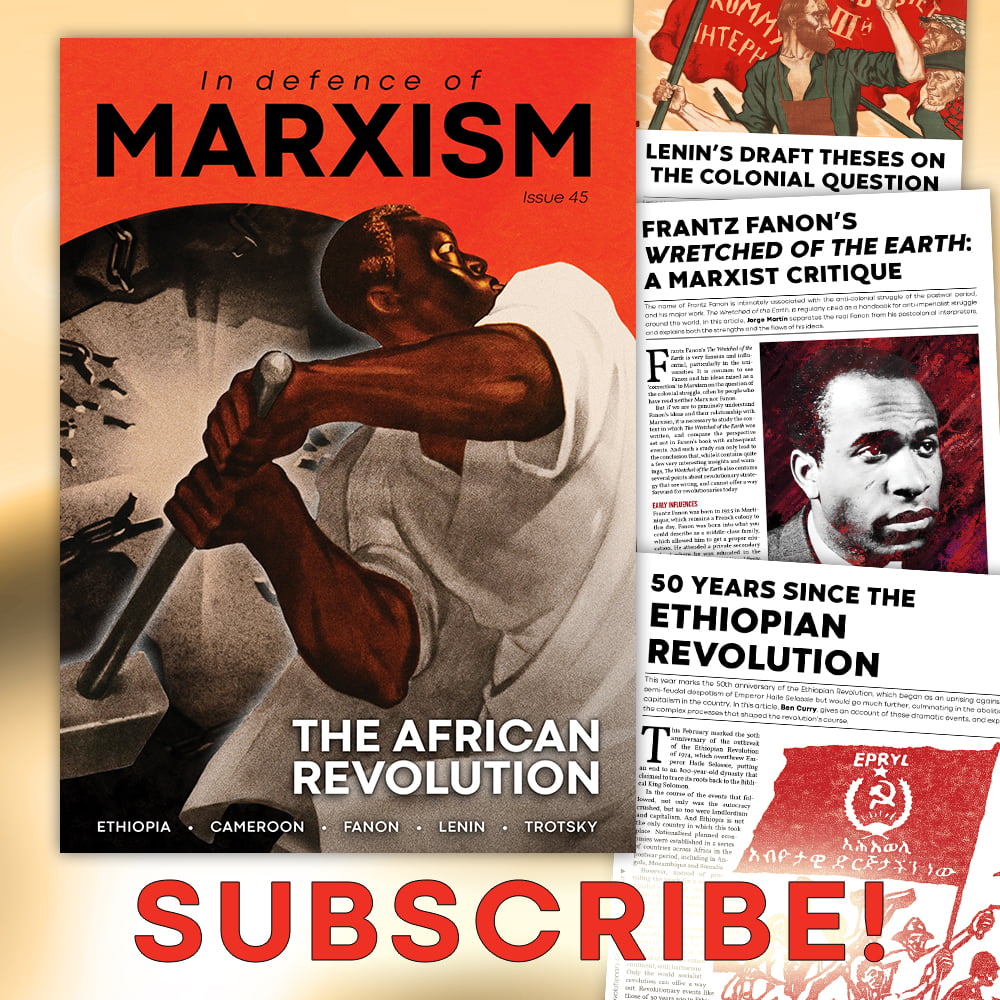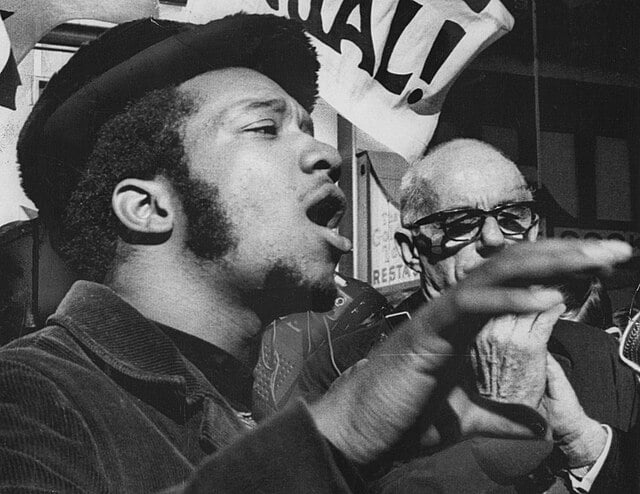The ideas of identity politics (idpol) have become mainstream in recent decades. And yet, despite their proliferation, it is only those at the top who have benefitted from these ideas.
The failure of movements like BLM to achieve any meaningful change has left people asking where to go next.
In his book Elite Capture, Olúfẹ́mi O. Táíwò sets out to explain how and why identity politics has failed – but misses the mark in several crucial ways.
What is ‘elite capture’?
In Táíwò’s view, the problem with the modern idpol movement is that it has been subjected to ‘elite capture’. Those most privileged in any social movement can “capture the group’s values”, forcing them to collaborate in a way that disproportionately benefits the ‘most privileged’.
Táíwò applies this perspective very broadly throughout the book. He gives several examples – ranging from “the capitalists have captured the means of production”; to a university professor ‘capturing’ a discussion about racial injustice for their own ends.
This is clearly an explanation stripped of all class analysis. The former example concerns the division of society into classes, and the way that the capitalist class holds power through its ownership of the main levers of the economy. The other describes the way middle-class individuals jockey for positions, including within social movements, using their personal identities to advance their careers and interests.
Both are obviously not ‘good’ things from the standpoint of the exploited and the oppressed. But to describe them as the same phenomenon means throwing out any analysis of why the capitalist class dominates over the rest of us, and what is to be done about it.
Instead, Táíwò offers abstract concepts that ultimately explain nothing, and which provide no guide to action: that being a part of the elite is an “unstable identity”; and that elite capture “is a relationship that can never truly be eradicated”.
This nihilism hands a free-pass to liberal identity politics and reformism, implying that it is actually impossible to genuinely transform society, and that all movements will automatically be ‘co-opted’ by elites.
Radical origins?
Táíwò continues by arguing that identity politics can still be ‘reclaimed’ by the left, due to its “radical roots”.
He traces the origin of idpol to the Combahee River Collective (‘CRC’), an “explicitly anti-capitalist” group of black lesbian activists, who are said to have coined the term in the 1970s.
Groups in the women’s movement and black struggle had been organising on the basis of identity for decades, however, long before the CRC.
Though the CRC can be credited with giving this trend a name, to claim that this handful of activists and writers – who organised seven ‘retreats’ over the course of nearly a decade – invented identity politics, is absurd.
In reality, the CRC had simply created another isolated, inwards-looking grouplet, who openly claimed that: “The only people who care enough about us to work consistently for our liberation are us.”
They even concluded their manifesto by quoting Sisterhood Is Powerful:
“I haven’t the faintest notion what possible revolutionary role white heterosexual men could fulfil, since they are the very embodiment of reactionary vested-interest-power.”
Politics of division
Táíwò mentions and dismisses in a breath the idea that identity politics “divides the working class”. In reality, however, these positions are fundamentally divisive.
Racism, sexism, homophobia, transphobia and so on are all used by the ruling class to pit one group of workers against another. And identity politics plays right into this trap, emphasising what divides the working class, not what unites us.
Instead, any genuinely revolutionary movement needs to bring together workers – of all identities and backgrounds – under the same class banner.
By contrast, the attempt to build cross-class coalitions on the basis of identity inevitably leads to demands being diluted down to that of only minor, liberal reforms.
Such demands and reforms do not get to the root of the problem, and therefore do nothing to challenge oppression and exploitation.
Identity politics, then, are not radical at all. Idpol is not a ‘false start’, but a complete dead-end for workers and youth. Far from ‘reclaiming’ these ideas, the left should steer well clear of them.
Which way forward?

Táíwò makes one sharp criticism of the modern idpol movement, when he criticises “deferential politics”: the belief that the most oppressed person automatically has the greatest right to speak.
Politics, the author says, should be “constructive”; focussed on finding the best way to achieve positive goals, rather than on ascertaining who “has the most trauma”.
But Táíwò completely fails to outline what these goals should be. Instead, he emphasises the need to form and unite “broad coalitions” around issues such as climate change, prison abolition, racial justice, etc.
But what sort of politics and demands should these coalitions unite around? All Táíwò says is that “we need to decide collectively where we’re going, and then do what it takes to get there”.
What Táíwò refuses to recognise or admit is that none of these ‘interest groups’ and campaigns can ever be successful without linking their struggles to the fight for a root-and-branch transformation of society along socialist lines.
The working class is not just ‘like any other identity’. It is the only force capable of carrying out this task – that of the emancipation of humanity from the shackles of capitalism, through socialist revolution.






